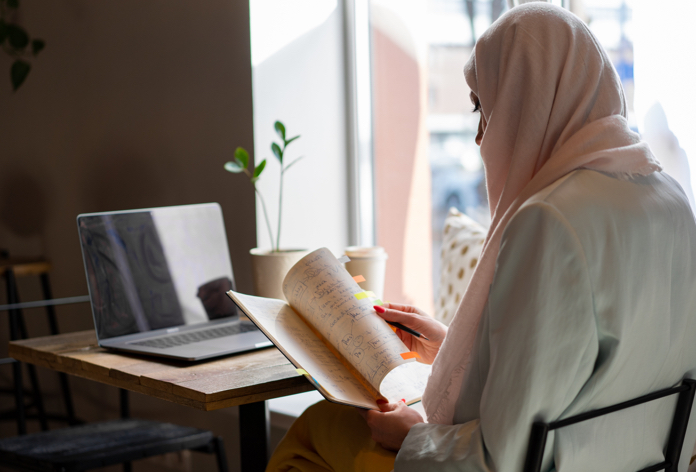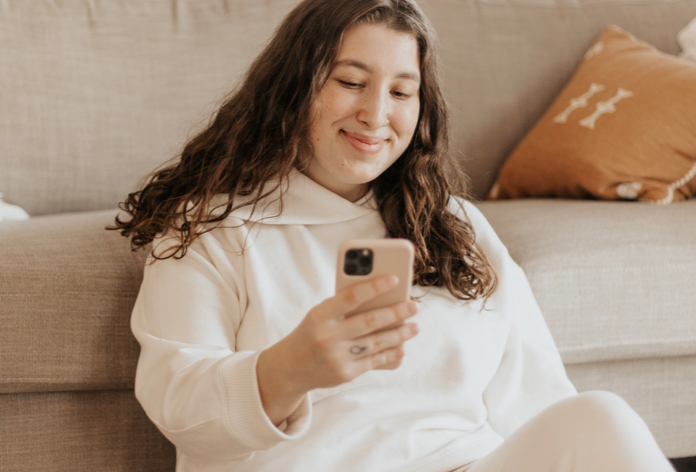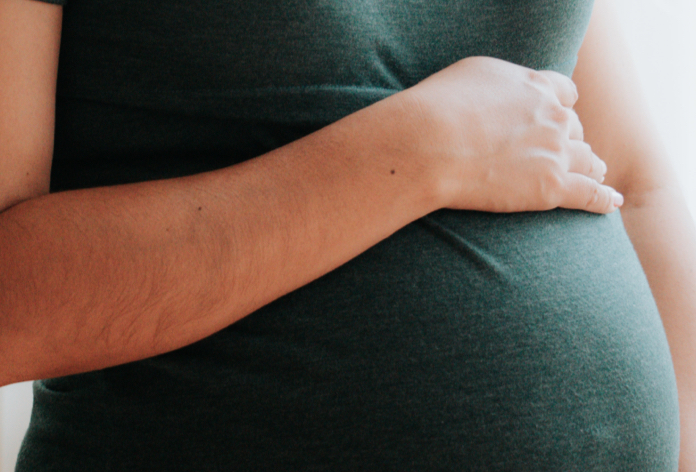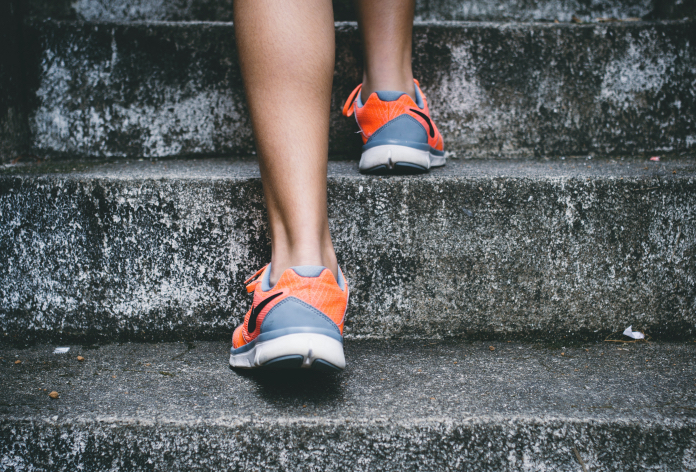Relative Energy Deficiency in Sport (RED-S) Dietitians and Nutritionists
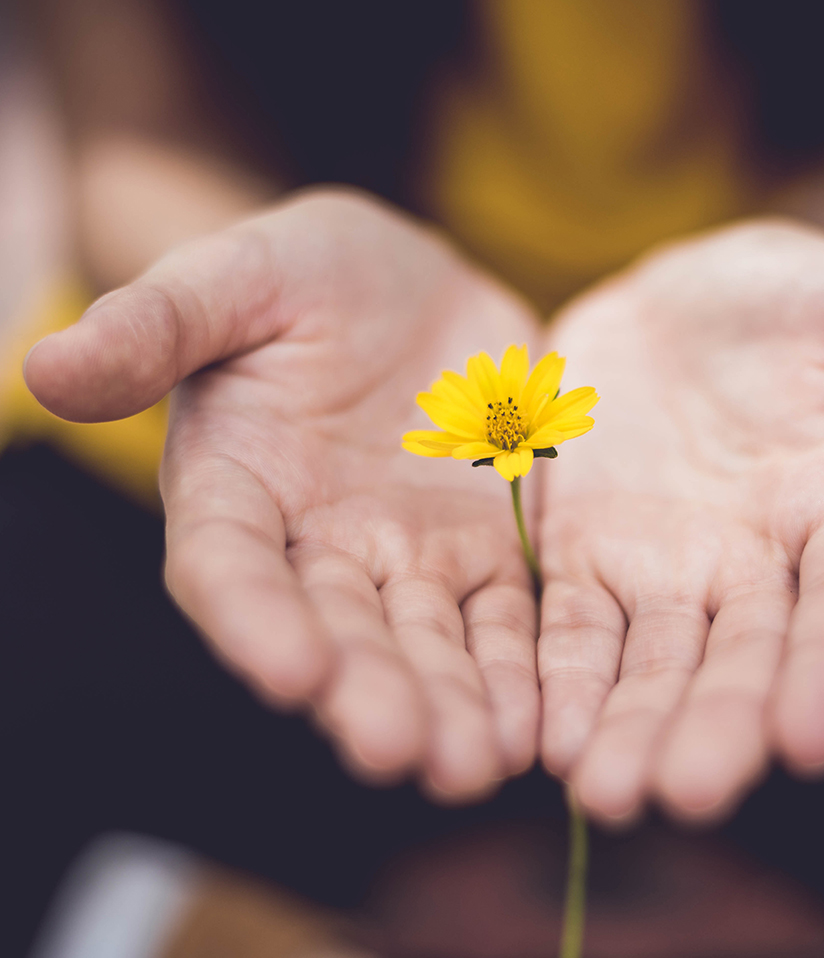
Are you an athlete or an active individual? Are you feeling fatigued or sluggish? Have you missed periods? Have you gotten injured recently and the injury isn’t healing?
These could all be potential signs of Relative Energy Deficiency in Sport (RED-S). RED-S was previously known as the Female Athlete Triad. Three key factors of the Female Athlete Triad were low energy availability, low bone mineral density and menstrual dysfunction. Eventually the Female Athlete Triad was expanded upon because there are more side effects from disordered eating in sport and low nutrition consumption than just the three listed in the Female Athlete Triad. Additionally, athletes of all genders can suffer from the consequences of low energy consumption.
What is Relative Energy Deficiency in Sport (RED-S)?
As stated previously, RED-S stands for Relative Energy Deficiency in Sport. This occurs when an athlete (or active individual) is under consuming food for the amount of activity they’re engaged in or they are over exercising. RED-S can occur with or without an eating disorder diagnosis. This might be surprising, but underfueling and/or overexercising can happen either intentionally or unintentionally. Oftentimes, athletes are completely unaware of the amount of nutrition they truly need for their activity level.
Consequences of RED-S include:
- Menstrual dysfunction
- IBS or other gastrointestinal issues
- Endocrine and hormonal imbalances
- Stunted growth or development
- Cardiovascular issues (like a weakened heart muscle)
- Increased psychological concerns (anxiety, depression, decreased seelf esteem…etc.)
- Increased risk for sickness
- Decreased muscular development
RED-S also increases athlete’s risk for injury.
How We Help Treat Relative Energy Deficiency in Sport (RED-S)
RED-S requires a multidisciplinary approach and varies by individual. At Courage to Nourish, our dietitians work one on one with our clients and their team to improve RED-S symptoms and side effects. We also treat disordered eating and body image concerns that stem from RED-S.
We value trusting and compassionate relationships between our dietitians and clients. We value safety and a non-judgmental space so our clients are able to process their relationship with food and body in a way that is met with understanding and empathy. Not only do we work with you or your loved one in individual sessions, but we also collaborate with various members of the treatment team. We also provide text and email support and keep our caseloads small. This can assure you are getting the highest quality of care.
To treat RED-S a dietitian can support you with strategic meal planning to assure you are fueling enough for your sport. We can discuss specific nutrients you may not be getting enough of. Our goal is to help you decrease your risk of injury. If you are taking a break from your sport to heal, we also will support you in getting back to your sport as quickly as possible.
Typical Clients We Work With
FAQs About Relative Energy Deficiency in Sport (RED-S)
How do I know if I have RED-S?
How long does it take to treat RED-S?
Treating RED-S takes time! Our goal is to of course get our athletes back to their sport as soon as possible. Maintaining nutrition intake can be difficult, so we’re here to support our athletes every step of the way. Most of the clients we see are “long term” clients who we work with on a weekly or bi-weekly basis. It is difficult to set a time frame, but it’s not uncommon for clients to meet with us on a weekly basis for at least 6 months. If you feel like your healing journey is taking “too long,” just remember that recovery is not linear. It’s normal to have ups and downs.
Will I need to follow a meal plan?
How can I help a loved one with RED-S?
Supporting a loved one with RED-S can be so difficult, especially if RED-S is caused by an eating disorder. As loved ones, we often want to “fix it.” But, recovery takes time and there’s not much we can do other than offering a listening ear and a non-judgemental space. Read our blog on Supporting a Loved One with an Eating Disorder. Also, visit our resources page and sign up for our newsletter to get more tips on how to support your loved one.
How can I find support for RED-S?
Courage to Nourish is happy to help. Contact us for more information about working with us. We provide both virtual and in person services. If for some reason we are unable to support you, we would be glad to refer you to other resources. You can also read our blog and resources page for more ideas and support on eating disorder recovery.
Have more questions?
Visit our Treatment FAQ page.
About Courage to Nourish
Courage to Nourish is a group of eating disorder specialized dietitians. We have in person locations in Alexandria, Virginia, Columbia, Maryland, and College Park, Maryland. We offer virtual services across the state of Maryland. Virginia, Washington DC, Pennsylvania, and Colorado. We offer individual nutrition therapy. As well as support groups. We would love to guide you in building a better relationship with food.

Interested in finding out more?
Tell us more about how we can help you.
If you would prefer to book online directly rather than a phone call with our team, please click here to start this process.
If you don’t hear from us within 2 business days, please email hello@couragetonourish.com!


